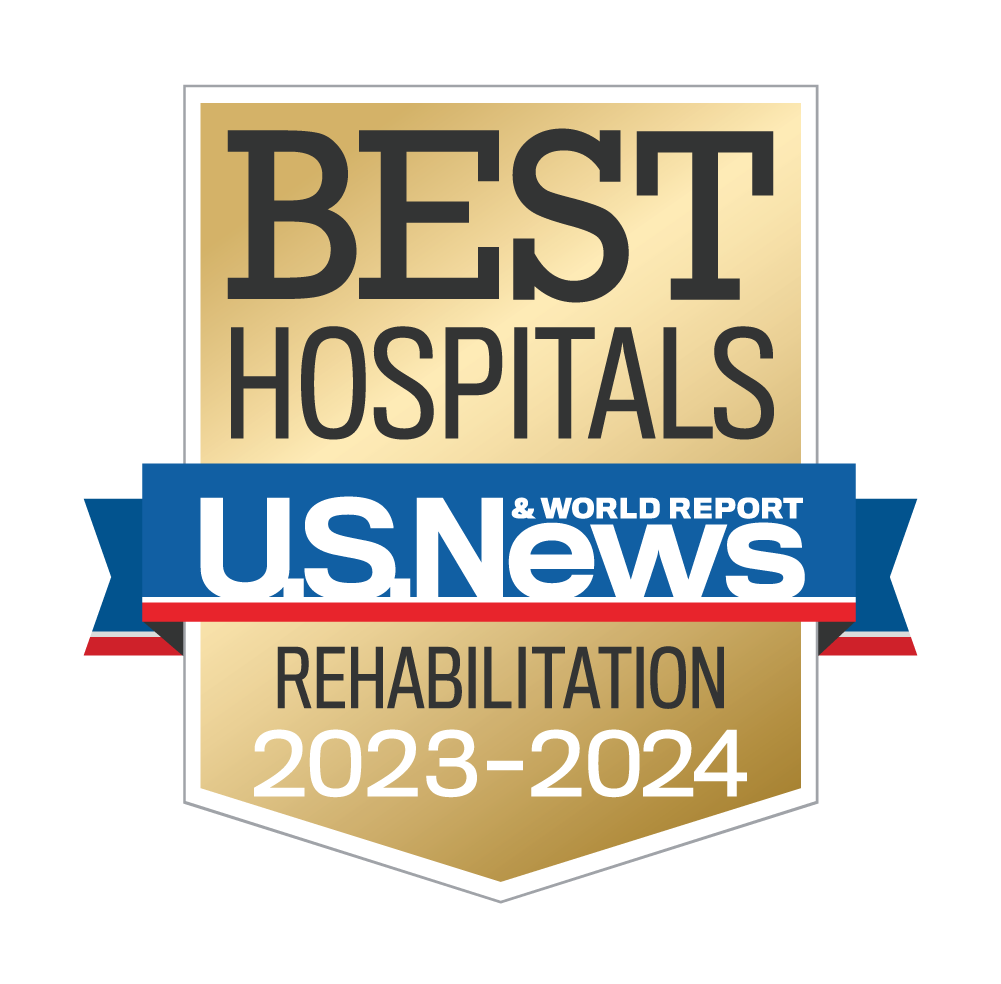PM&R Learning Health System Mission Statement: To learn from every patient by aligning clinical care, science, informatics, and culture, enabling continuous improvement and innovation in the practice of medical rehabilitation.
In 2016, the University of Michigan Department of Physical Medicine and Rehabilitation (PM&R) leadership team developed a strategic plan to guide the priorities and strategic goals of the department.
PM&R has established a Learning Health System (LHS) team in order to implement the departmental strategic plan goal of creating a learning health system environment to facilitate rapid advancement in the translation of new knowledge to the point of care, enhance quality assurance/quality improvement, improve training, and generate the research needed to advance the field of rehabilitation medicine.
What is a Learning Health System (LHS)?
A Learning Health System (LHS) refers to a system where “science, informatics, incentives, and culture are aligned for continuous improvement and innovation, with best practices seamlessly embedded in the delivery process and new knowledge captured as an integral by-product of the delivery experience” (Institutes of Medicine, 2012).
According to the Agency for Healthcare Research and Quality (AHRQ), the following are key attributes of Learning Health Systems:
- Having leaders who are committed to a culture of continuous learning and improvement
- Systematically gathering and applying evidence in real-time to guide care
- Employing IT methods to share new evidence with clinicians to improve decision-making
- Promoting the inclusion of patients as vital members of the learning team
- Capturing and analyzing data and care experiences to improve care
- Continually assessing outcomes, refining processes and training to create a feedback cycle for learning and improvement
What are the Specific Goals of the PM&R Learning Health System?
- Provide our patients with the best possible care by putting timely and actionable knowledge, based not just on latest research but on the real-world experiences of patients like them, in the hands of our clinicians
- Empower patients to participate in shared decision-making by collecting and using patient reported outcomes in clinical encounters
- Implement a continuous improvement loop of information by creating and using high quality data to inform our practice, guide changes, and improve quality and outcomes (Friedman, 2015)
We Aim to Accomplish these Goals by:
- Maximizing the quality and quantity of clinically relevant data available to our clinicians and patients by developing standard clinical documentation and data collection processes in order to efficiently fill gaps in knowledge
- Building a Data Warehouse that provides clinicians with real-time data to inform clinical care.
- Partnering with Michigan Medicine information technology experts to seamlessly integrate changes into clinical workflows.
Interested in Learning More?
Visit the Michigan Medicine Department of Learning Health Sciences


